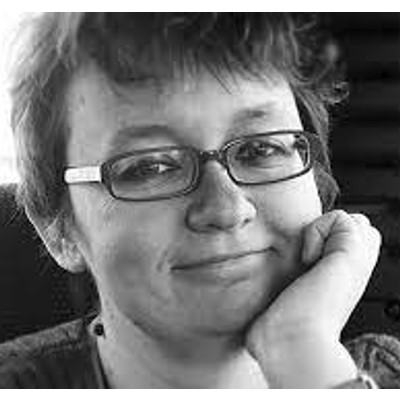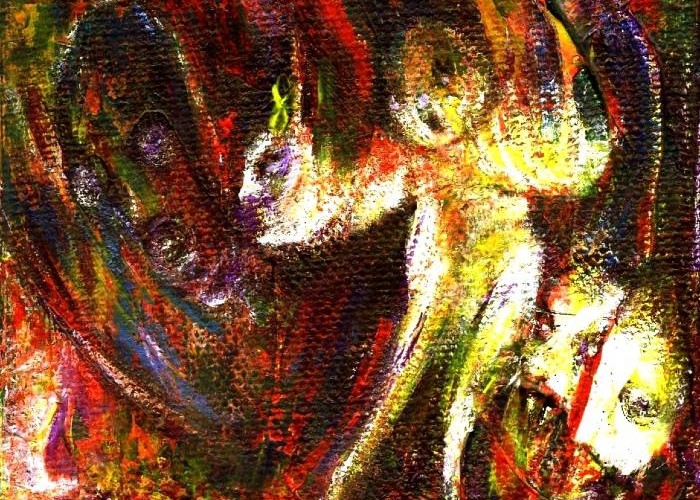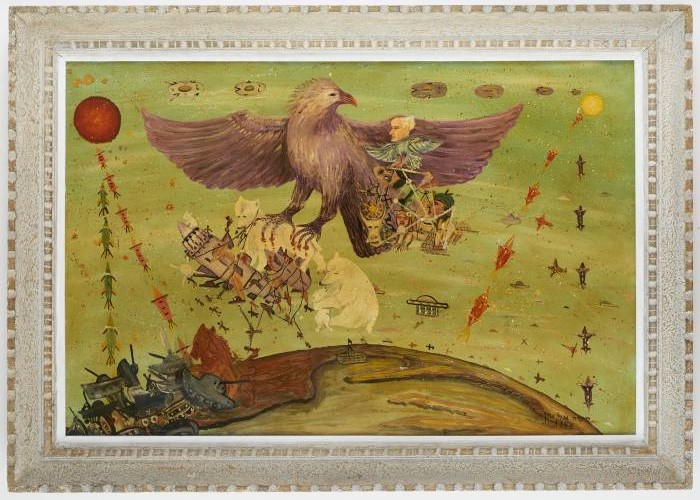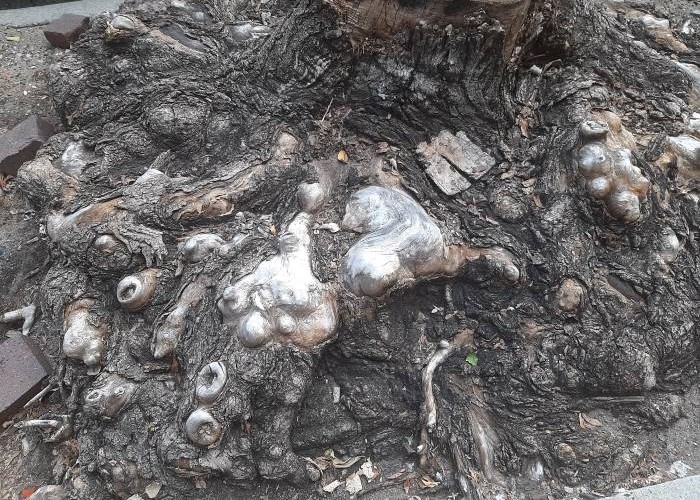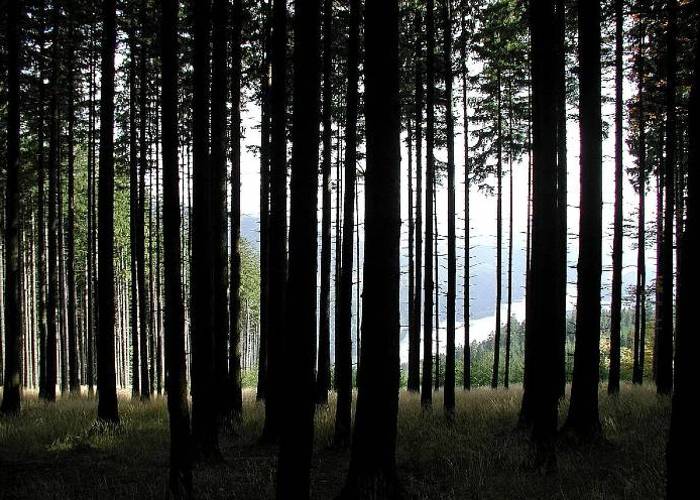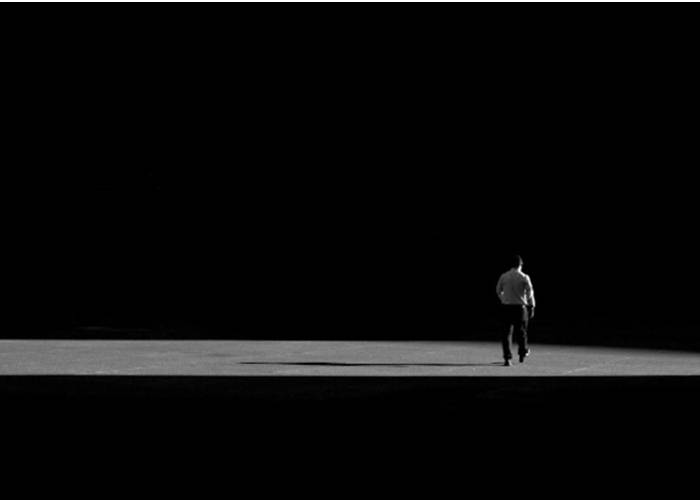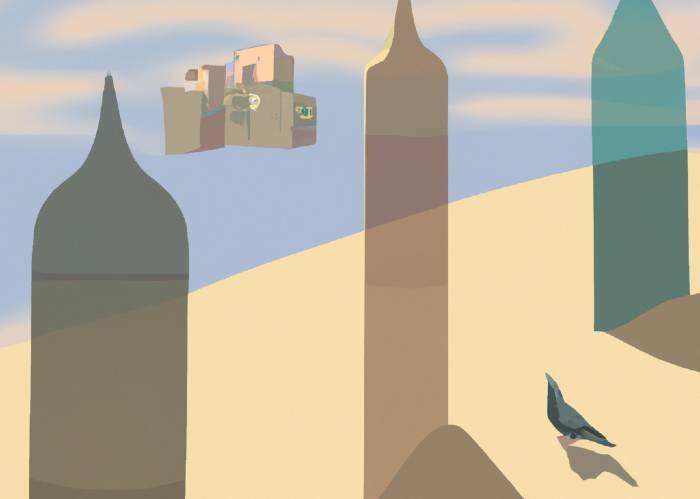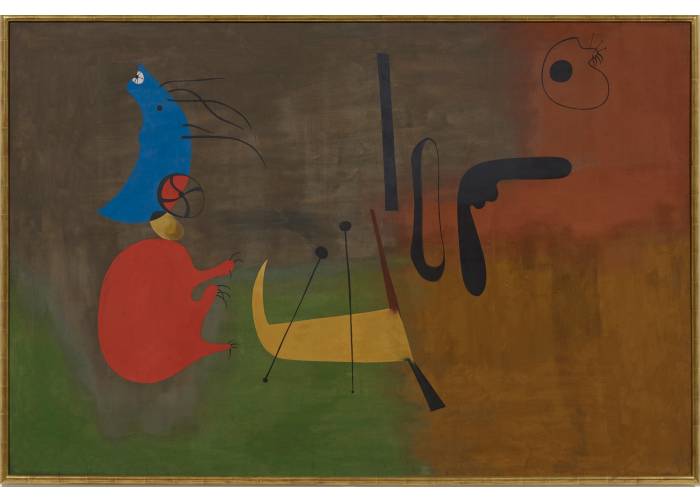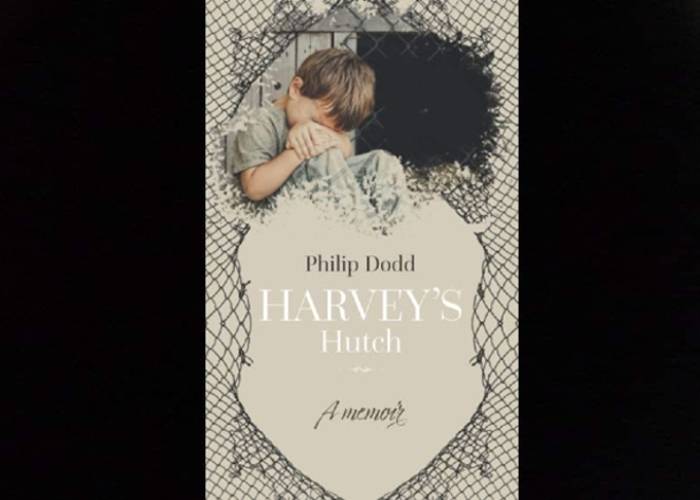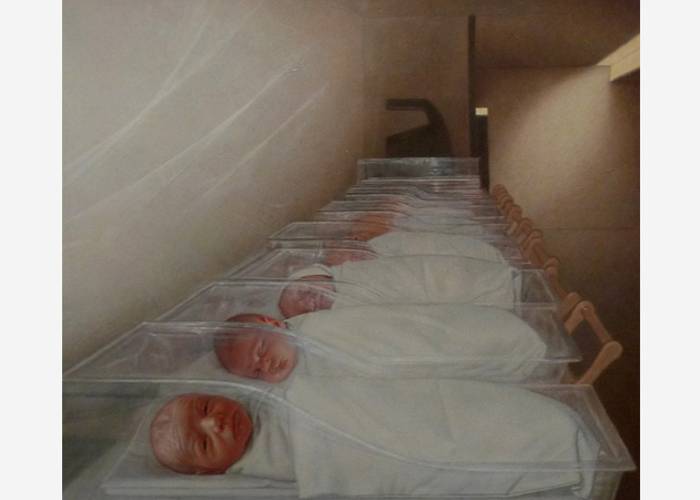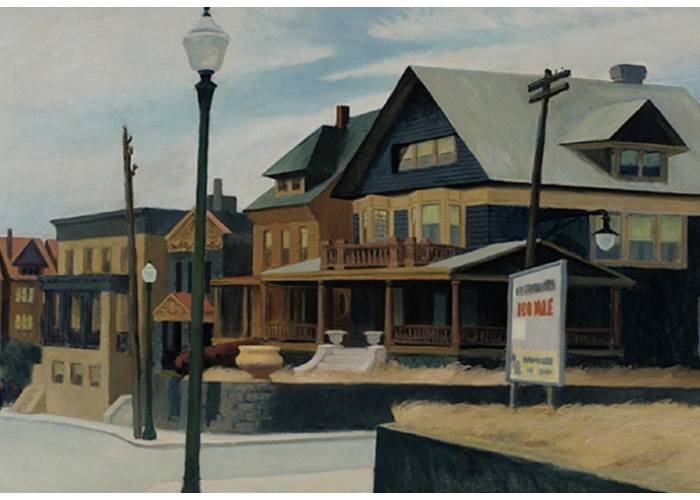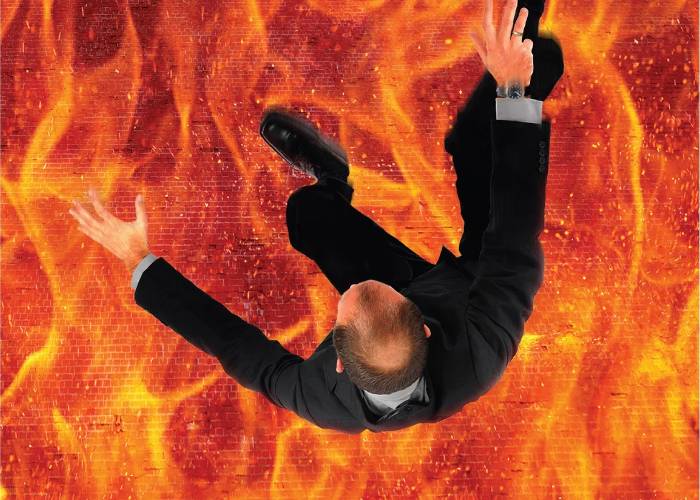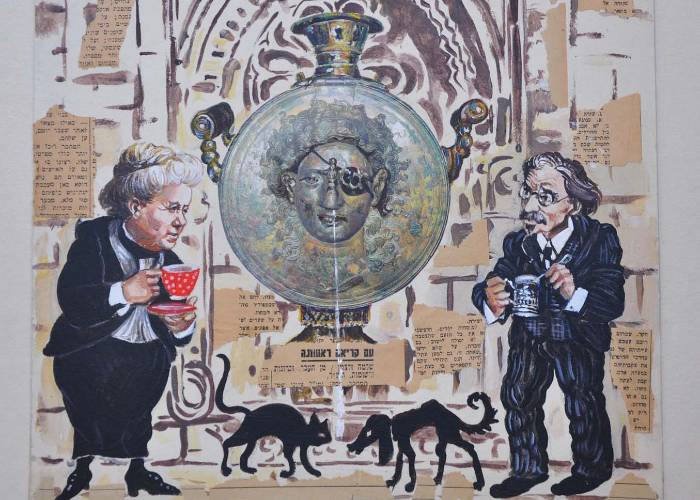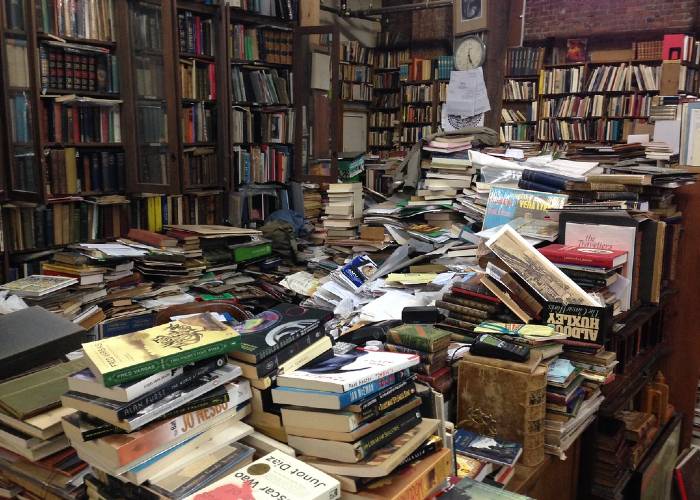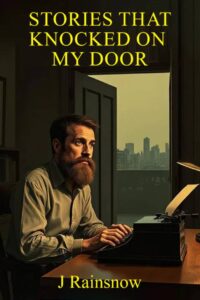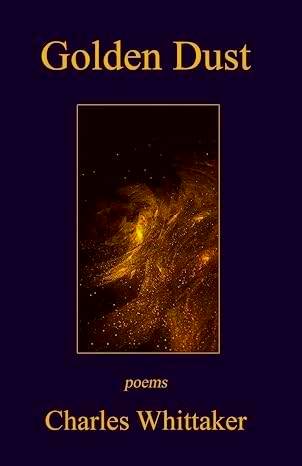Clarity and Wholeness
There are places (in the world at large; I’m thinking of those in Moscow, which, like Vienna in Andrei Levkin’s work, are an “operating system” for an arrangement of one’s self) that put the mind in order (much like mathematics), and there are places that create harmony in the soul, that arrange the dynamic balance of its multidirectional, multi-speed and multi-volume processes. In short: there are spaces responsible for clarity – and there are spaces responsible for wholeness. (Clearly, clarity and wholeness can be combined in one head, but they don’t always and necessarily do so. And they are not always needed at the same time.) An example of the first type of space for me is Chertanovo. The second type includes neighborhoods around Leninsky and Lomonosovsky Prospekt, University station of the metro, and Vorobyovy Gory (the latter is the most balancing one of all my spaces). I go to different parts of the city for different emotional and “existential” experiences, to take a different form internally, a form corresponding to the spaces they create. The city lets me mold myself.
Towards Self-Explanation
There are two forces struggling in me, beating each other over the head with me, both cruel, predatory, pushy, tyrannical: one is weariness and the other is greed for the world (the latter is probably the same thing as the thirst for self-assertion, which, out of a particular pride, does not want to call itself by this name. Self-assertion, smearing the face of the world with its traces, appropriating it, shoveling it into its pockets, where there is already no room, and everything that’s stuffed there is cluttered up in disarray). Neither one wants to give in. For now, the second one is stronger, which makes the first one more angry – and the latter responds in kind. Both burn my inner resources, for what else is there to burn. Both, in their excess, are fruitless.
Contemplative, ha-ha.
It seems that harmony, the sister of humility, the mother of precision – which I see at every turn in imaginary “others” (the others are always imaginary, there are no others) – should be the third force capable of establishing its power – which is even more tyrannical – over these two. And it should make them work out a deal (to force peace, ha-ha-ha) with each other and with itself.
There is no Guilt in the World
It suddenly occurred to me: guilt/blame is the inaccuracy of existence in the world. As one accumulates such inaccuracies, grows over them (and dulls one’s sensitivity to the world because of them. Guilt is a failure of settings), one is slowly pushed out of the world, and finally, when they exceed a certain critical mass, one is pushed out of it altogether.
Humility of a Bibliophage
Reading every book is at least as much an appropriation of it as humility in relation to it (in relation to the forms it imprints in you and the ways in which it guides you internally). In fact, now it seems to me that it is more about humility, whereas in my youth, of course, I felt it was more about appropriation. – Reading is an ongoing exercise in humility (and plasticity). All in all, it is an agnostic’s prayer.
Live Always
And to this minute it stubbornly seems that to live in the present, which is tangible, to live predominantly in it, is blindness: one must live in all directions all at once (from the past and the future – to the unreal, the imagined, the dreamed, the seemed, and the impossible. Life has more axes than it can imagine). The present is just something to hold on to. I would replace the wretchedly hedonistic “live in the present” with “live always”.
Or I would expand the boundaries of the present to their fullest extent.
If there are sad, melancholy and contemplative hedonists, hedonistic pessimists, I’m the case in point.
About Publicity
Everything public that I happen to participate in is in essence a test(experienced through its archetypal model; it must be – and it is – that for me the exam situation is one of those foundational, identity-forming, “initiatory” traumas). There is always the danger of not passing it, whether felt or imagined, which is ultimately the same thing. Everything public carries within it the seed, the germ of defeat ready to develop powerfully – so much so that it turns out to be almost synonymous with it.
But it is terribly interesting to watch people (while sitting curled up quietly in some corner). This is a great way of expanding my inner horizons, which is why, as a non-public creature, I force myself — sometimes, however, I do not force myself, I am tempted to, but still I force myself to go to various public places. Life blooms there before my eyes as a wild, beautiful flower, far beyond anything I can do (this is not even a lesson in humility: it is pure amazement). And it is utterly painful in any way to show myself, God forbid, to say anything out loud. When I repeat the well-worn formula that it is ten times easier for me to write than to say it just once, oh, it is not a figure of speech.
Against this, however – if there is no escape from public speaking – there is one “soul technique”. It is necessary to present yourself not as you, but as a completely different person: confident, at least somewhat harmonious, the kind of person who is not afraid of public speaking or, at least, has known this particular audience long ago well and feels free in it. Having gotten used to this situational role, it is already possible to say something: it works. A kind of theater for myself.
Autumn, Autumn
Having already understood my irreparable backwardness re anything that is capable of being serious and relevant, I suddenly realized that this was no longer a problem. Life has long since passed the stage when it was possible and necessary to organize it actively, namely at the level of inner structures, i.e. the present. That is, of course, I can still take all sorts of radical steps in terms of its external arrangement, but I will not become either smarter or better (although, of course, the ego would be very happy with both). The material has been “seized up.” And elasticity is lost, and there is no time (that great biographical time). In my movement from river source to river mouth, I am already far advanced to the mouth – and much closer to it already than to the source. (But the water in the river is the same. And the sky over the water is the same.) It’s too late and pointless to envy, to compete, to catch up, to make up for lost time. (No doubt, all this is tremendously liberating, relieves a great many tensions, among which – in the grip of which – one lives in one’s youth). What’s left now is to float, looking up into the sky, feeling autumn leaves fall on one’s upturned face.
When It Says My Name
For me, St. Petersburg has always been a dialogic city, a form of dialogue and interaction. Being alone in St. Petersburg is like speaking in an empty room. No, not because St. Petersburg is empty; it certainly isn’t, but because it is (for me, of course. People can be lonely in St. Petersburg. I even used to think that it was perfectly suited to this), but it demands an answer – it demands to be an answer.
St. Petersburg – big yet hot lips of stone with which the world pronounces you.
Autumn suits it very well – especially, late autumn, overcast autumn, smoky, damp autumn, without sentimentality, deceptions, or excesses of spring, summer, and its own beginning. The city is wise and serious (and at the same time quite cozy and human-like) in this almost monochromatic humidity. In St. Petersburg, nature – stiff, uncomfortable – tells man something very important: namely that it will not bear with us, that it does not have us in mind in the first place and certainly does not intend to be comfortable for us. That’s where it always makes us feel its superhumanity. And the city responds to it – about the value and tenacity of being human.
There is certainly something stoic and heroic about St. Petersburg, not without a touch of doom. And this is directly related to its clear structure, not as two sides of the coin, but just one.
Moscow babbles with emotion (how can I not feel a kinship with this babbling, I am like this myself), and St. Petersburg is a distinct, articulate, detailed statement (it is clear that all distinctness and clarity is a limitation, and that behind all of them, making them possible, there are massive amounts of unspoken words: the greater the external clarity, the thicker and more painful the inner darkness, as you know). And they are both about the human condition, what else could they be about.
To See
I don’t know “what the world sees me as” (by the way, I have a strong conviction that the world is not concerned with my person at all, fortunately), but, unlike the author of the accompanying quotation, I see myself not as a child playing on the ocean shore, but only as an eye, wide open to the world in a never ending, perplexed, gigantic and rather helpless wonderment.
Untitled
A linden blossoms, and this alone is already enough for a fragile, bitter, vanishingly this-moment, meaningless, and completely unquestionable happiness.
So much so that anything else would already seem to be destructively redundant.
Towards A Tale of Wanderings
There is such a density and detail of contact with reality in “one’s own place”, and such a depth of freedom that, really, one should not be going anywhere – were it not for the notion, largely a “mental” one but determining all feelings, a priori, uncritically experienced, according to which roving through other spaces (in itself) makes one better, larger, more significant – and the further away, the more “different” the space, the better, larger and more significant the person. All the pathos of self-formation, the temptations and illusions of it.
A Recipe for Her Youthfulness
At home I don’t know how to be old, that is, how to feel and comprehend myself adequately: there is too much stored here — sunnyness, joy, and such an enormous expectation of the future and such faith in its indispensability, that it is like the future itself: the very living, breathing time that has been accumulated here – in reserve.
This space is saturated with my childhood (and my youth, and my young adulthood – the beginning of my life, its ascent), like oxygen – and it feeds me with it all the time. It is saturated with them, not as with the past, not as something that’s past and stopped, but as with the present, the “now” that is happening right now. Childhood, youth, and young adulthood are different aspects of the present: just turn around a little and you’ll see it. As long as I live here, I will always be in the fullness of all my times – childhood, youth, and young adulthood all at the same time. Even, perhaps, when there’s no time left at all.
Not to mention the fact that here, with every object, even one that is undoubtedly an element of junk, one feels a kinship and an existential unity. Even when you’re not paying (conscious, intentional) attention to it: you feel the background.
I am, of course, a person of the air, but – only of the sweet air of Moscow. Other airs I condense with great difficulty, if I condense them at all.
Towards the Psychopathology of Everyday Life
And there is also this psychopathological feature of everyday life: no matter how much you work, for some reason it persistently seems that you don’t work enough. Even just quantitatively. And this gives rise to a special kind of feeling of insecurity, as if permeated by a draught.
Work is simply a way of defending oneself from the world, from oneself, from what is painful, sad, frightening, shameful, difficult, and dark. It is a totality (all the more effective because it is built according to certain, quite examinable and rationalizable rules) of ritual, magical actions, a spell of chaos, a spell of nothingness. Domestic magic, naive and effective at the same time.
As soon as you get distracted – chaos and nonexistence are there, waiting for you.
***
Work is simply a way to confirm to yourself that you exist, to feel – as you feel the air in the wind – your own existence (it is clear that the effort of this confirmation has to be renewed all the time as for whatever reason it is not confirmed once and for all). Not the results of the work, no, but the process itself, the very state of intensity created by the work, the state of being drawn into the activity, pursuing some goal – which surpasses you, which, in general, has nothing to do with you, yet which no one but you can reach. It’s not that it’s self-affirmation, no, it’s self-confirmation which requires patient self-exaltation as its most important condition.
Besides, by working, you bring mostly constructive aspects of yourself to the forefront of consciousness. All other, dark, chthonic aspects are relegated to the margins. Work is your personal utopia.
***
There is also this interesting condition: you don’t feel like working, you don’t want to work, but you can’t stop working: you are pushed to work (to do something that is, supposedly, necessary, no matter how much you assure yourself that the world will not collapse without it) as an obsessive state of being; only work, while it lasts, soothes your inner itch and creates the sweet illusion that “everything is fine”.
***
Outside the finished text, you immediately begin to feel defenseless, as if you are being evicted from your settled home (it doesn’t even matter that it was built with your own hands; the important thing is that it is settled), even if it is a temporary home (after all, it’s not a big book or a monograph or a novel – just a small text, a light folding tent, blown in by all winds) – and, of course, you feel guilty (why am I not working – am I not converting time into meaning?). I wish I felt liberated! – On the contrary, you immediately start neurotically searching for something else to wrap yourself around.
Thank God, the source is not scarce.
Suddenly I thought: the habit/need to work (all the time) testifies to an inner (as well as an outer) weakness, a need for supports and braces, a shell, a corset, an artificial skeleton: my own spiritual body does not hold. Slothful people who live for nothing are, in fact, not just self-sufficient and free, they are truly strong people. Idleness is a space of strength. (There is something “secondary” and “junior” about work, a derivative of what you have to deal with, what you have to overcome, what you have to resist, i.e. the material. Work, in a sense, parasitizes on its material. Yet idleness has a power of its own).
***
When I was a child, I dreamed of finding a job where I could read all the time. And there, I found it! (In general, the idea that dreams, even the wildest ones, come true, has been confirmed more than once. True, the ones that come true are mostly wild ones – well, being wild, they do not know that you can, so they come true). Yet I still have no time to read properly (the desired amount).
It’s greed for the world that’s tearing me apart. Actually, let it tear me apart, I have nothing against it; on the contrary, it is a kind of vital force. It’s much worse when you don’t want to read. But that almost never happens.
On Freedom and its Sources
Actually, I experience daily life mostly (yet not exclusively?) as a space of freedom (and I experience its ruptures as a burden, because they require tension and effort, while daily life is full of saving automatisms that clear the space for inner freedom and generally allow me to focus on inner phenomena). Repetition is a great force, patiently grinding the inner glass.
About the Qualities I want
The qualities that I want to have most of all in life (understood as the foundation of everything else) are (in an inseparable unity) intensity = density of mastering the space of existence and sensitivity = a subtle and quick-acting receptivity (to various things, including those very different from the usual).
Roma, Amor
Of all the variety of forms of love for cities, the strangest one seems to have struck me in my attitude toward Rome.
I have no desire to receive aesthetic impressions of it, to increase my knowledge of it, to look at it analytically, or even to talk about it; to put it more precisely, I have all this (of course, we cannot do without analyzing it, impressions, building up and especially talking about it), but it does not feel very important.
I wish (of course, this will never happen, but desires and imagination have their own reality) that Rome would become my everyday life, my routine, so that there would be no distance between it and me. It should not be a figure, but a background from which all figures emerge — and in which they dissolve.
Translated from Russian by Nina Kossman
_______________________________
The original, in Russian, has been published in “Семь искусств” and in two volumes: “Дикоросль” (Ганновер: Семь искусств, 2021) and “Дикоросль-2” (Ганновер: Семь искусств, 2021).
